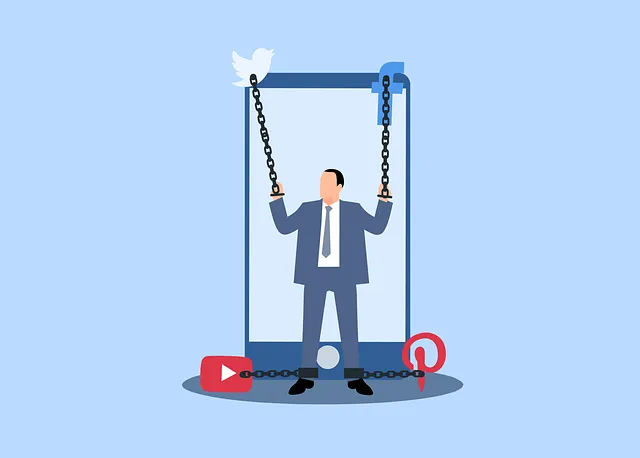Longmont Kaiser Permanente's Community Outreach Programs (COPs) strategically connect underserved communities with essential behavioral health services. Through mobile clinics, tele-health, workshops, and tailored education programs, they improve access, trust, and overall emotional well-being. Their innovative programs, like Social Skills Training and Burnout Prevention, address mental health holistically. The dedicated Longmont Kaiser Permanente behavioral health phone number serves as a vital access point to their community-focused services.
Community outreach programs play a pivotal role in connecting healthcare services with underserved populations. This article explores the multifaceted benefits and strategic goals of such initiatives, with a particular focus on mental health support. We present a case study of Longmont Kaiser Permanente’s successful engagement efforts, highlighting their innovative approach to extending behavioral health services through accessible channels like phone lines. Learn how these programs can bridge gaps in care and improve community well-being, using the Longmont Kaiser Permanente behavioral health phone number as a key example.
- Understanding Community Outreach Programs: Benefits and Goals
- Implementing Effective Outreach Strategies for Behavioral Health Services
- Longmont Kaiser Permanente: A Case Study in Successful Community Engagement
Understanding Community Outreach Programs: Benefits and Goals

Community Outreach Programs (COPs) are strategic initiatives designed to connect healthcare providers with individuals and families within their community who may face barriers to accessing care, particularly in behavioral health services. The primary goals of COPs include improving access to care, promoting emotional well-being, and fostering inner strength development among underserved populations. These programs often take various forms, such as mobile clinics, tele-health services, or community workshops, tailored to address specific needs like mental health awareness, substance abuse prevention, or chronic disease management.
By implementing COPs, organizations like Longmont Kaiser Permanente aim to bridge the gap in behavioral health care. The benefits are multifaceted: increased reach and engagement of hard-to-serve populations, improved health outcomes through early intervention, and enhanced community trust and collaboration. Through these programs, individuals gain access to essential resources, education, and support, ultimately enhancing their overall emotional well-being and resilience.
Implementing Effective Outreach Strategies for Behavioral Health Services

Community outreach is a powerful tool for expanding access to essential behavioral health services, especially in underserved areas. Organizations like Longmont Kaiser Permanente have recognized the importance of reaching out to communities directly, offering support and education through various initiatives. By implementing effective outreach strategies, they can ensure that mental health resources are not only available but also accessible and culturally sensitive.
One key approach involves adopting empathy-building techniques, fostering an environment where individuals feel understood and comfortable seeking help. This includes training community members as peer supporters or employing cultural brokers who can navigate the unique needs of diverse populations. Additionally, designing Mental Health Education Programs tailored to specific communities can dispel myths, reduce stigma, and promote early intervention. Engaging local leaders, organizations, and schools in these programs can enhance Mental Health Awareness, ultimately leading to better outcomes for individuals within these communities.
Longmont Kaiser Permanente: A Case Study in Successful Community Engagement

Longmont Kaiser Permanente stands out as a beacon of successful community outreach and engagement in healthcare. The organization has pioneered innovative programs that not only cater to the physical well-being of residents but also focus on their mental health and overall behavioral well-being. Their comprehensive approach includes initiatives such as Social Skills Training, Compassion Cultivation Practices, and Burnout Prevention Strategies for Healthcare Providers.
By integrating these practices into their community engagement efforts, Longmont Kaiser Permanente has created a supportive environment that enhances the quality of life for all residents. The behavioral health phone number serves as a vital link, ensuring easy access to necessary services and support. This case study illustrates how healthcare institutions can truly make a difference by moving beyond traditional medical care and embracing holistic, community-focused solutions.
Community outreach programs, as exemplified by Longmont Kaiser Permanente’s successful engagement efforts, play a pivotal role in enhancing access to essential services like behavioral health. By leveraging innovative strategies and adapting to local needs, organizations can improve community well-being. For those seeking specialized care, the Longmont Kaiser Permanente behavioral health phone number serves as a valuable resource, highlighting the importance of outreach in bridging the gap between communities and healthcare providers.






